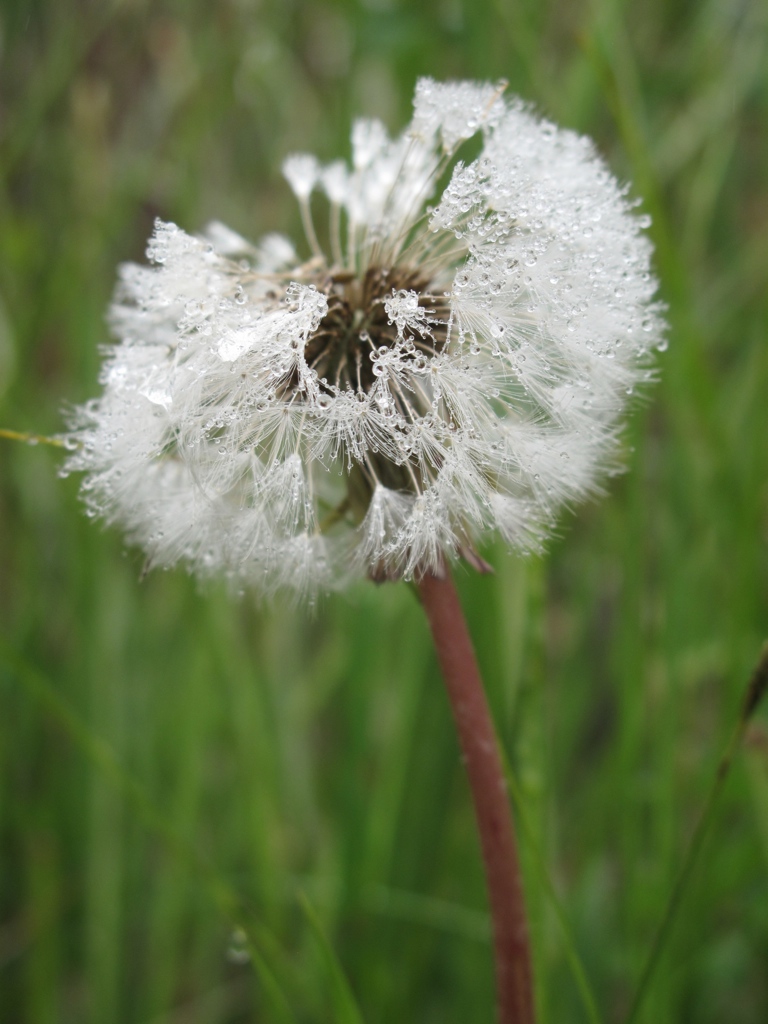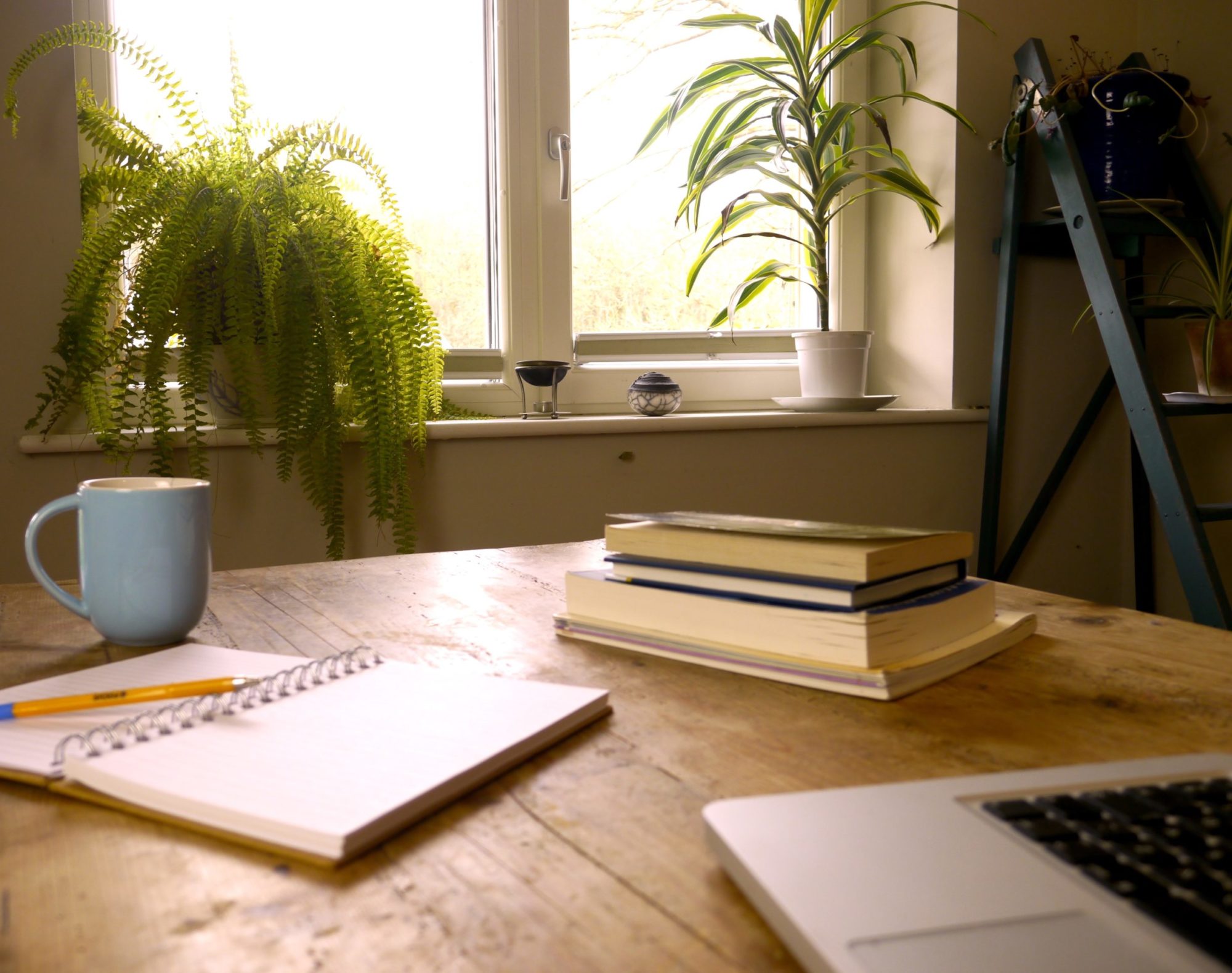
How often do you find yourself thinking – knowing – that once you get this finished all will be well? That when it’s off your desk everything will be okay, better, wonderful, fixed? This can be a really difficult assumption, given just how much it depends on the outside world. Do you really want to make your sense of wellbeing dependent on what happens ‘out there’? Is there any alternative?
One response is the common suggestion to identify what is and isn’t in your control, focus on the things you can change, and let go the rest. This is wise. But there is another approach too: what if you flipped the problem on its head? What if instead of focusing on what we can achieve, we start from the quality of experience we are looking for, and let our action follow from there? What if all can be well in the doing itself?
To find that quality of experience you are looking for when you are writing, you can ask yourself a series of questions. First, how do you normally respond to a difficult challenge with your writing? Can you name it? Do you avoid, escape, deny, tackle head on, try and control, over-plan, get stoical? Something else?
Once you’ve named that strategy, ask yourself: when you adapt that strategy, what is it you are wanting to experience? We’ve had this conversation with dozens of people, and invariable the answers eventual come to variations of feeling a sense of calm or peace, a deep confidence in some way, often tinged with joy. What word or words describe the quality you seek?
Now, take a moment to invite that experience here now. How? Either imagine a time from the past when you’ve felt what it is you want to experience, or imagine your strategy working in the future. Use all your senses to make it come truly alive in your imagination. See it, smell it, touch it, taste it, hear it. Here it is.
From this quality of experience, now ask yourself, what is important here? If you start from this quality of experience, what actions need to follow?
Notice the flip? Instead of assuming our actions will lead to this quality of experience, we’re starting from the quality of experience as present and available now, cultivating that, and letting our actions follow from there. What might that enable for you and your writing? How might you make the quality of experience the beginning instead of the end?
NEXT: Morning Pages
